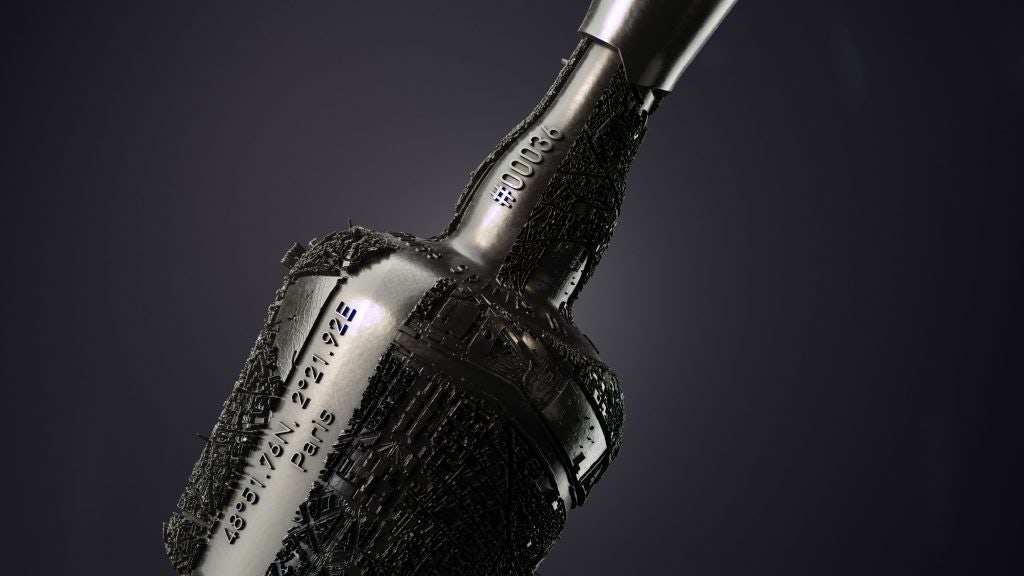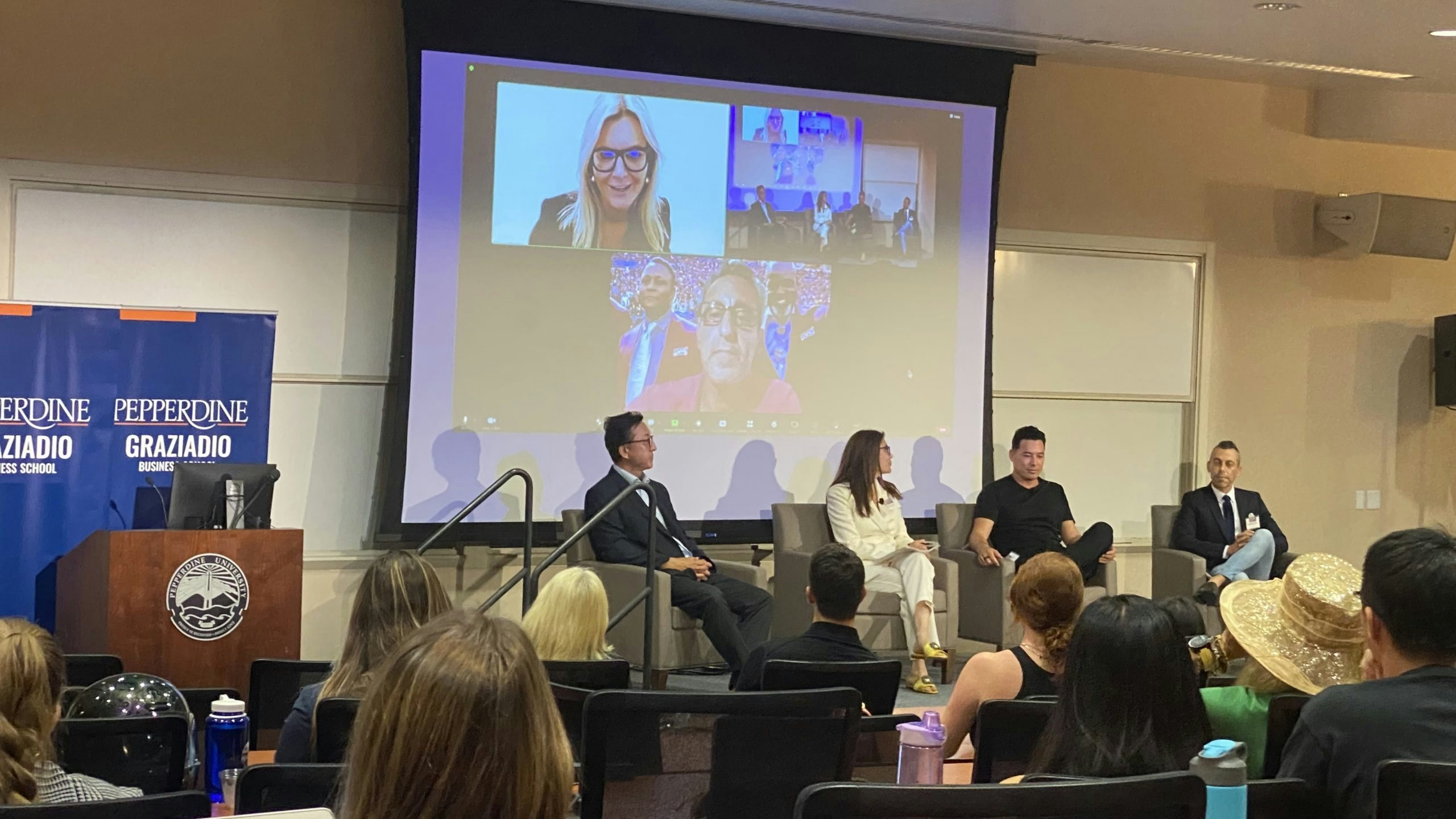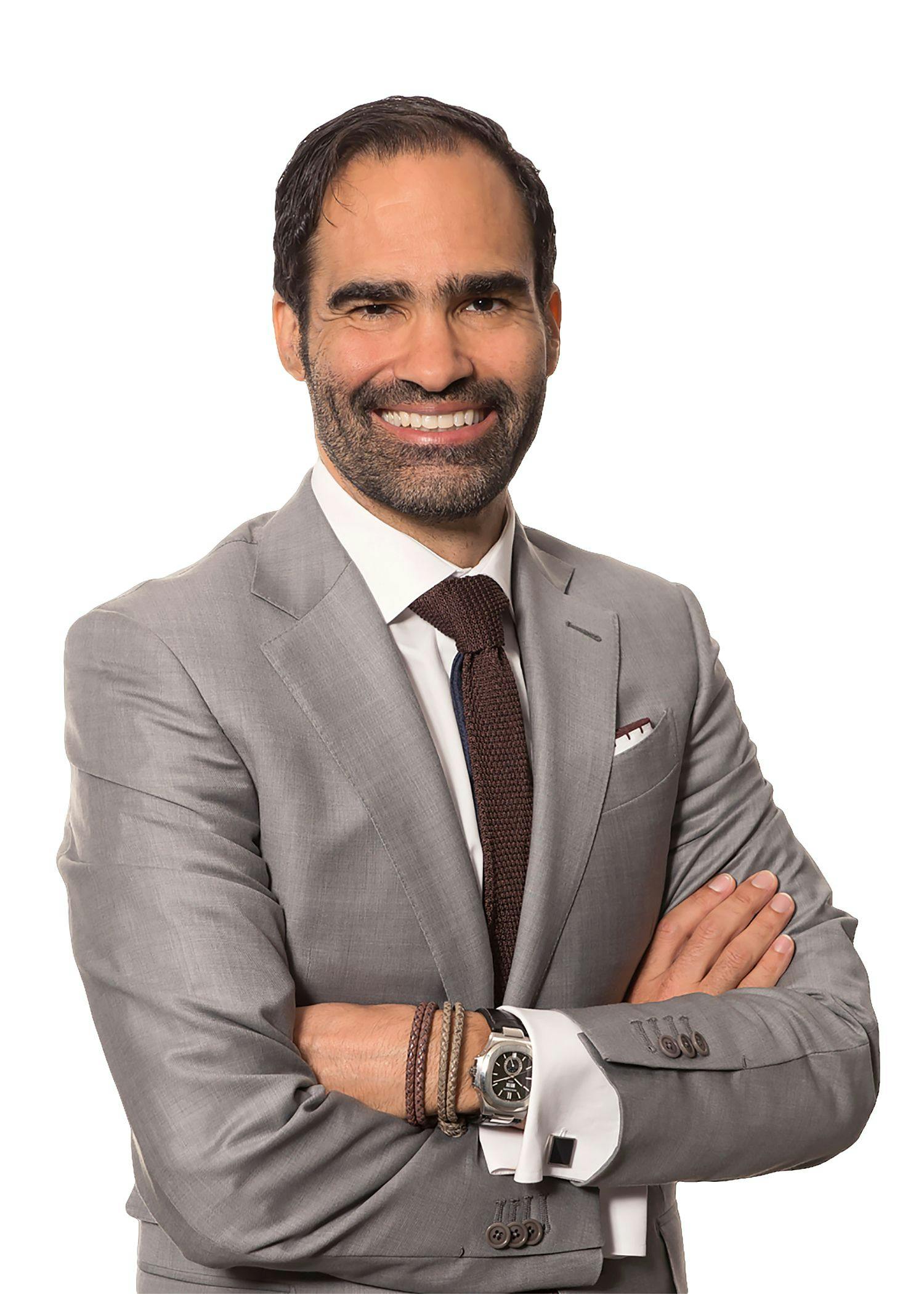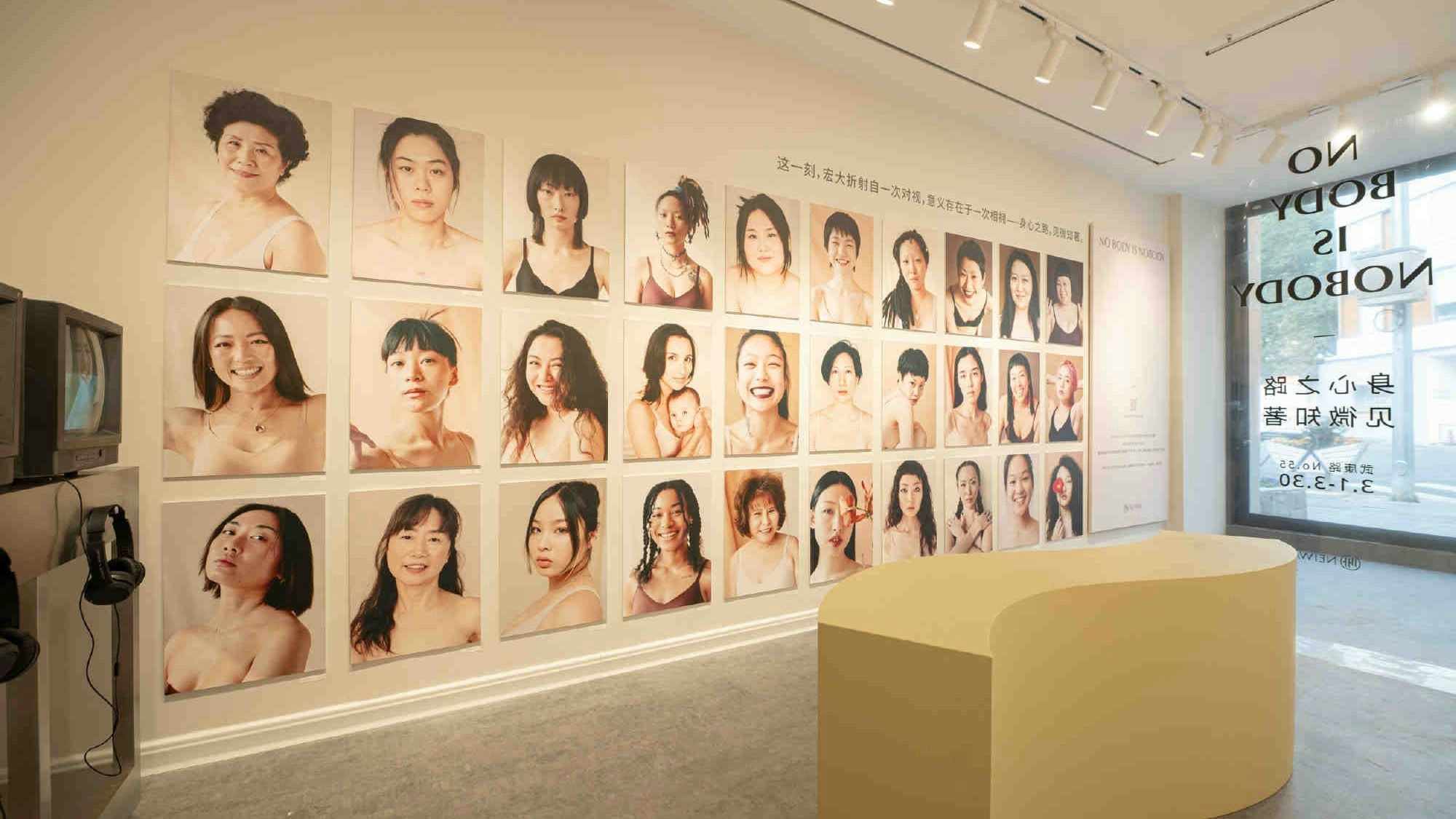I recently had the pleasure and privilege to host Pepperdine’s first Disruptive Luxury Symposium together with Professor Abraham Park, the Associated Dean of Pepperdine Graziadio Business School, and Professor Ana Brant, who focuses her research on customer-centric experiences. In two panels, we discussed the future of luxury. One panel featured leaders of four hyper-disruptive brands:
- Dictador Rum, which recently shook up the investment space with the innovative ArtHouse Spirits DAO and a series of asset-backed NFTs;
- Bold, a venture capital firm that identifies emerging science and technologies that will disrupt and democratize massive markets, creating innovative solutions to humanity’s greatest challenges;
- Signum HB Antwerp, a disruptor in the diamond industry that is focused on creating significant community and social impact and redefining the customer experience;
- Brevity, an immersive travel platform that gives discerning power travelers time back by offering precisely individualized experiences and guides.
A second panel featured a distinguished group of luxury clients, who shared their experiences on how the luxury market has changed over the last few years and their expectations towards brands and experiences. Authenticity, values, and net-positivity were some of the recurring topics that luxury brands need to address if they want to be successful in the future.
Luxury is, in its essence, the ability to create extreme value for clients. This requires a much more holistic view on consumer expectations and pain points than ever before. The traditional focus on craftsmanship, heritage, and exceptional design has become a minimum expectation — it is not a differentiator anymore. To gain competitive advantage, brands have to shift dramatically.
Human values have moved front and center. The future of luxury is less about what you show and more about what kind of human being you are. This includes connecting with communities and sharing values. An example that was highlighted is Gucci, which frequently takes a firm and outspoken position on topics such as women’s rights.

While luxury brands tried to stay as neutral as possible in the past, those that want to have a future need to have a position and be part of the change. This includes radical inclusivity as a counter position to the “old” thinking of exclusivity. The time of brands treating clients arrogantly or looking the other way when it comes to values is over.
In this context, the conclusion of both panels was that power has shifted to the consumer, meaning that brands need to be authentic and value-driven to be able to create meaningful connections with them. Creating cultural relevance and human-centric models has never been as critical as it is now. This requires taking bold positions and decisions and being unafraid to polarize and stand out. If brands want to disrupt, they cannot just change or improve one or a few parameters. Instead, they need to create entirely new experiences that make everything else seem irrelevant.
Investing in luxury brands and providing capital becomes a mechanism of action. Venture capitalists will have to ask themselves which core problem they want solved and how their investments can create impact. In this context, the concept of net-positivity takes center stage. The luxury brands of the future won’t just talk about sustainability and impact; they must show it and build end-to-end ecosystems that provide clients with certainty.
The expectation of inclusivity can be reflected with DAOs, a new Web3-based form of private membership clubs that focus on shared values. Given the volatility of NFTs and their complex pricing mechanisms that facilitate paying above value, backing digital assets with rare and sought-after physical ones will become a critical success factor for any future metaverse project.

Another paradigm shift in luxury is the trend of self-care. UHNWIs with a net worth north of 50 million now spend an average of 150,000 per year on services that improve their health and wellbeing, including private chefs, physical therapists, and biohacking services. It’s a reflection of the shift of luxury towards human-centric experiences and net-positivity in a holistic fashion.
What is the mindset of a disruptor? It’s having an almost obsessive passion for something and being able to execute on that vision. Rafael Papismedov from Signum HB Antwerp emphasized that a disruptor is “not a normal human being.” These are dreamers that put forth a new and different ecosystem that breaks the status quo. They also have to be aware of the forces that hinder disruption: the comfort zone is the enemy of progress.
Disruptors must choose a side, break rules, and redefine experiences, while innovators simply shift behaviors. Which side are you on?


